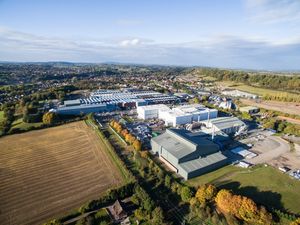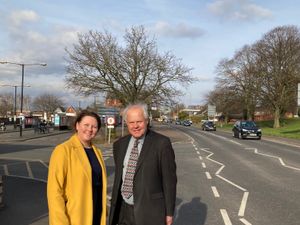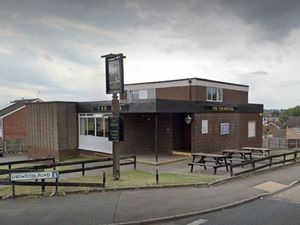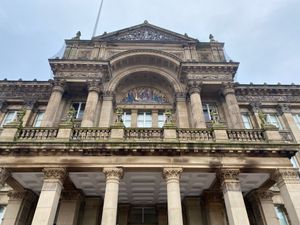Revealed: Cash strapped Wolverhampton City Council's portfolio of 251 shops
A cash-strapped council is sitting on a property portfolio containing 251 shops, new figures have revealed.
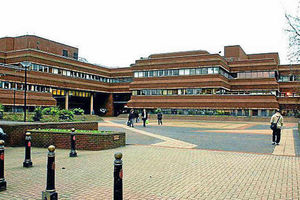
Wolverhampton City Council owns the largest number of shops in the country according to the TaxPayers' Alliance. But businesses want the council to do more with its property holding in the wake of the failed Summer Row shopping centre project, which was scrapped in 2011. Business leaders have been calling ever since for the authority to bulldoze and clear derelict land and make it more attractive for redevelopment.
The city council, which has to save £134 million over five years due to funding cuts, has been working to improve the look of the city centre and has been offering discounts and incentives to traders to take on the premises in the Summer Row area, including roads like Cleveland Street.
Dumfries and Galloway Council: a cheese factory
Thanet District Council: a wet fish stall
Bromsgrove District Council: a sawmill
Gravesham Borough Council: a model railway
Nottingham City Council: a bingo club [/breakout]
The council's 251 shops make up a portfolio twice the size of that held by Birmingham City Council, which has 119.
Walsall Council has 12 shopping parades according to the figures.
Staffordshire County Council owns 66 farms.
The £300 million Summer Row project was abandoned after developers lost the backing of investors leaving it £150 million short. The council had spent seven years trying to get the project off the ground.
Since it was scrapped the authority set up a £13.4 million fund to improve the area.
It has offered grants to businesses and funded the refurbishment of shops.
More than 10 new businesses have since opened while dozens of existing ones were refurbished or helped to relocate. Some also got new computers and other equipment.
Wolverhampton Business Forum chairman Sham Sharma, who runs Sunitek in Lichfield Street, said: "The council has a vast property portfolio which it does not seem to know how to use.
"Birmingham has used its assets, sold them on and raised money to fund future development.
"We need to see derelict buildings flattened and made attractive to potential developers in Wolverhampton."
The business forum has called for more leisure buildings such as restaurants, coffee shops, bars and a multiplex cinema and an end to night time parking charges.
Simon Tranter, head of regeneration development and delivery at Walsall Council, said: "Walsall Council owns a number of income generating investments that it carefully manages to fund local services. Many of these assets are vital to the community, such as parks and open spaces, whilst other properties are leased out on commercial terms and generate a positive annual income stream for the Council to benefit local taxpayers. For example, the portfolio of shop parades owned by the Council serves the local community and supports local businesses.
"We will always assess whether it's in our interests to retain and lease these assets or dispose of them to gain a one-off income. In many circumstances, the leasing of such properties gives us a better return than selling and investing the proceeds.
"Each year we publish details of each land and building asset that we own through our Open Data website."
Councillor Peter Bilson, Wolverhampton City Council's Cabinet Member for City Assets, said: "The council owns approximately 250 retail units at various locations around the city, all but 10 of which are managed by Wolverhampton Homes.
"These are typically shops which are situated on the ground floor of council owned properties managed by Wolverhampton Homes, for instance in a parade of shops with maisonettes above, or a block of flats. These properties are generally rented to small businesses such as newsagents or general stores, hardware stores or food outlets, and the income generated from them – for example, through rental charges – is an important source of finance for the council and Wolverhampton Homes."

